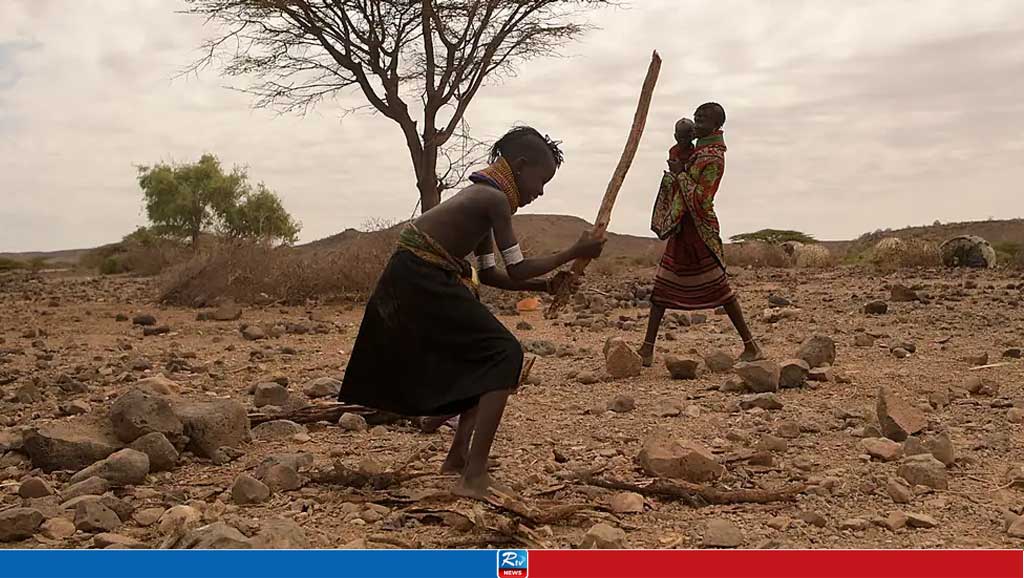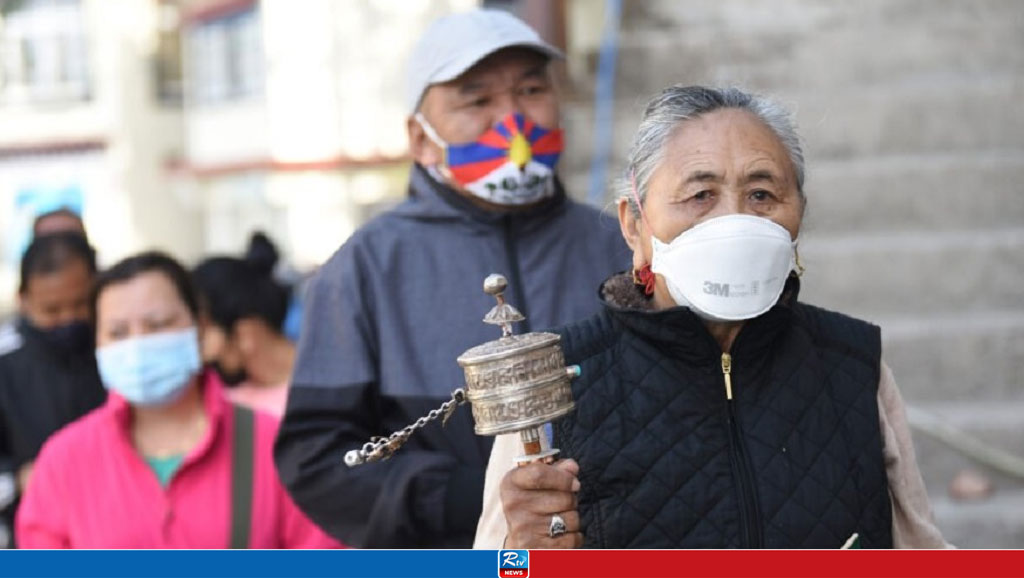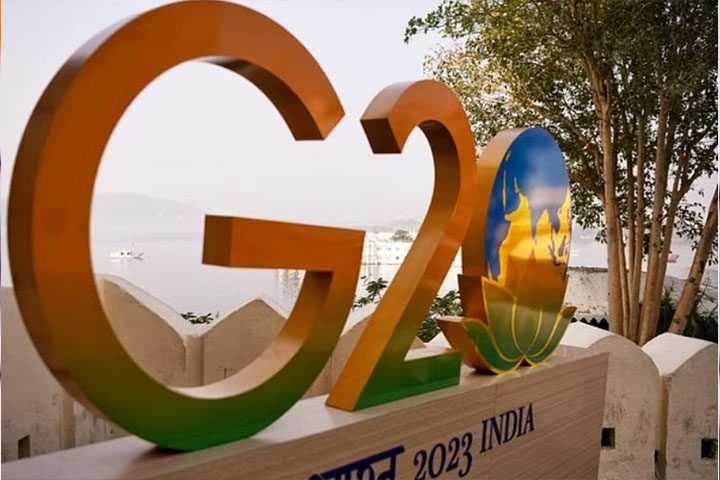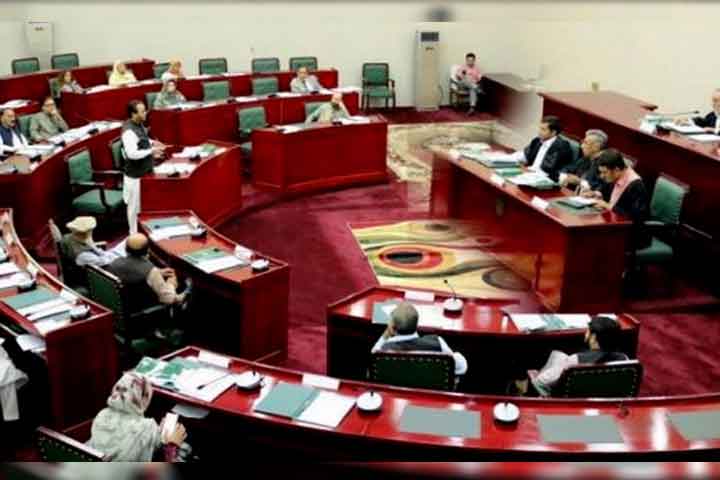G20 ministers underline importance of ensuring energy demand is matched by sustainable, affordable supplies
G20 Ministers responsible for Energy underlined the importance of ensuring that the growing global energy demand is matched by sustainable and affordable energy supplies.
The ministers aimed to advance technological collaboration and cooperation amongst G20 members, other international partners and multilateral institutions to strengthen energy systems with a view to ensuring energy security and stabilising energy markets, read the outcome document of the G20 Energy Transitions Ministers’ meeting in Goa on Saturday.
During the meeting, the ministers emphasised the importance of maintaining undisrupted flows of energy from various sources, suppliers and routes exploring paths to enhanced energy security and markets stability, including through inclusive investments to meet the growing energy demand, in line with our sustainable development and climate goals, while promoting open, competitive, non-discriminatory, and free international energy markets.
The G20 Energy ministers met under India’s G20 Presidency, with the theme ‘One Earth, One Family, One Future’ in Goa on July 22, 2023, with the aim to share, collaborate and build on the sense of responsibility and solidarity amongst the G20 members in accelerating the clean, sustainable, just, affordable and inclusive energy transitions, following various pathways, as a means of enabling secure, sustainable, equitable, shared and inclusive growth.
“We attach importance to the promotion of dialogue between consumers and producers as well as global cooperation in the business sector, and the need for adequate energy investments towards sustainable, affordable, reliable, resilient, and cleaner energy systems,” the meeting’s outcome document read.
The ministers acknowledged that certain minerals, materials and technologies are critical for energy transitions and there is a need to maintain reliable, responsible and sustainable supply chains of such critical minerals and materials, as well as semiconductors and related technologies, complying with the principles of market economy and international trade rules while respecting the sovereign rights of countries.
The meeting brought together over 100 delegates from G20 member countries, special invitee countries, and several international organisations, as per a release by the Ministry of Power.
The G20 ministers agreed to support voluntary and mutually agreed technology diffusion, skill development, beneficiation at source and increased flow of finance to address the lack of capital, human or technical resources; to produce them sustainably and with a view to enhancing local value creation through beneficiation.
“We support research and development for increasing efficiencies, increasing scale of beneficiation at source, promoting circularity, and enabling sustainable alternatives to maintain, supply chain balances of such minerals and materials,” the outcome document read.
The ministers reiterated the need to reduce the potential negative impacts on people and the environment and intend to leverage multilateral cooperation as well as cooperation between the G20 members. "In this regard, we take note of the Presidency documents: “Voluntary High-Level Principles for Collaboration on Critical Minerals for Energy Transitions” (Annex A) and the report 'Addressing Vulnerabilities in the Supply Chain of Critical Minerals'."
The G20 ministers also agreed to recognise the role of grid interconnections, resilient energy infrastructure and regional/cross-border power systems integration, where applicable, in enhancing energy security, fostering economic growth, and facilitating universal energy access for all, in an affordable, reliable and sustainable manner.
24 Jul 2023,14:57
















 Live Tv
Live Tv









